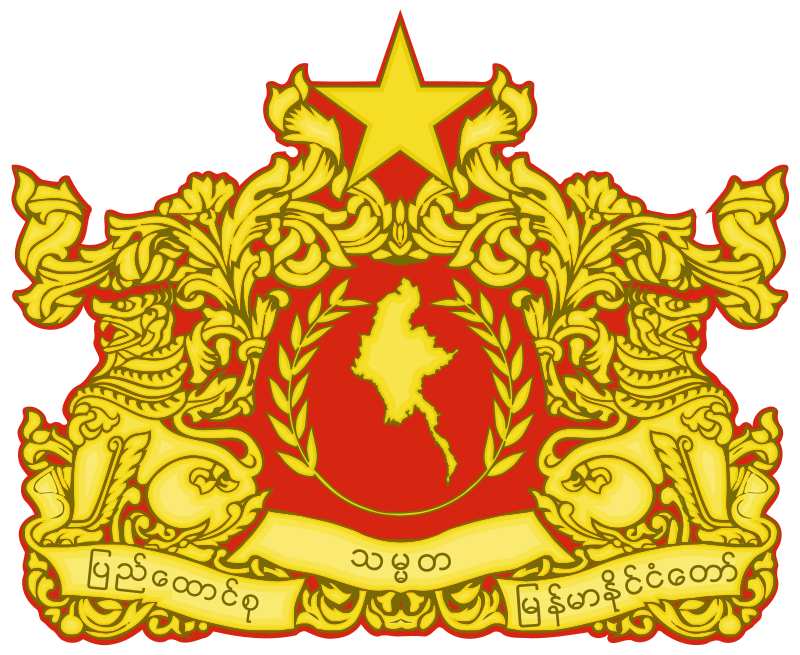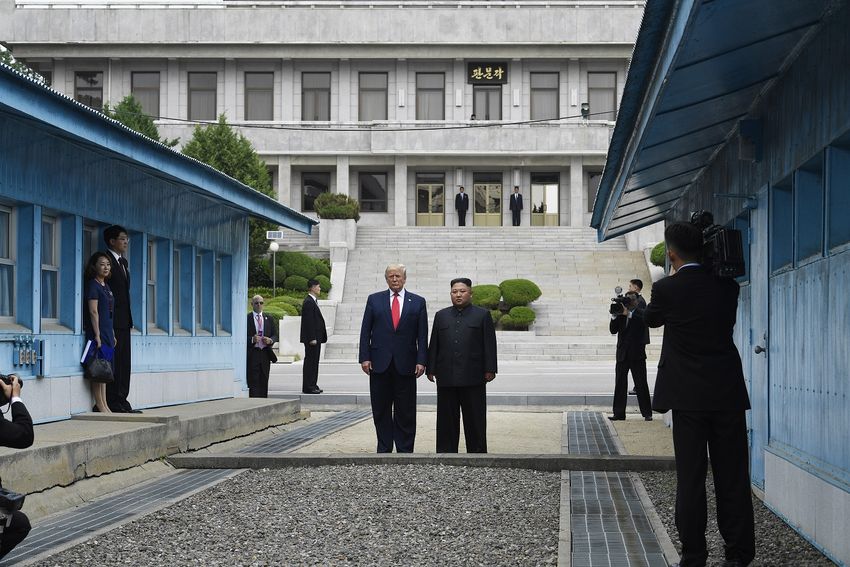Many countries around the world have gradually turned to democracy after the Soviet Union collapsed in 1991.
Democracy is now the norm in most areas and a concept that most people accept and worship.
However, in recent years, some countries have challenged democracy and questioned if it really is the best political system for every region.

Asian countries in particular are proving restless.
China’s recent arrests and sentencing of pro-democracy public figures in Hong Kong , and the dispute over Uyghur’s human rights in Xinjiang indicates China has moved further towards becoming an outright autocratic regime; and Myanmar (Burma)’s military overthrew the government led by the National League for Democracy, ignoring the voices of citizens in Myanmar and condemnation from around the world.
Such events happening in Asia thus demonstrate the withering of the democratic system.

The languishing democracy in Asia is the result of many issues and military forces having supreme power to influence regimes is one fundamental issue.
Cambodia’s prime minister Hun Sen is an example.
He has been the prime minister of Cambodia since 1993, and has held military power to ensure his presidency.
He chastises opponents publicly, stating that his tenure will last until he dies, and even dismissed an opposition party that won 43.8% of the vote in the last election.
Military forces manipulating the public thus means that by having military power, those leading the military have the right to control and rule over the country.
Another problem is the “strongman” politics effect. This effect has recently reappeared in the 21st century, in countries not only in Asia, but worldwide.
The “strongman” here refers to the one who seen as influential in politics.
It doesn’t have to be the “leader” of a given country who is seen as the strongman per-se.
Nonetheless, some famous strongmen have gradually gone on to become leaders – the former President of the US, Donald Trump, the president in the Philippines Rodrigo Duterte, the Chinese President Xi Jinping are but three examples.
Democracy, however, does influence some people for good by taking root and expanding in Asia as well.
Due to the development of technology and the Internet, people can now get access to information not only in their local region, but from across the whole world.
Younger generations have been affected by many Western concepts, including living in a democratic society.
According to the New York Times, an individual named Thitinan from Chulalongkorn University says of these younger generations; “The youth of Southeast Asia, these young digital natives, they inherently despise authoritarianism because it doesn’t jibe with their democratic lifestyle. They aren’t going to give up fighting back.”

This is seen in the military coup in Myanmar which has taken over the government, and caused citizens and innocents to die under its bloody suppressive techniques but has led to many students, medical workers, and more refusing to cooperate with the coup, and protesting on the streets against this overthrow.
In conclusion, the democratization of Asia may not happen rapidly over a short period of time.
However, as it does, we will see the progress step by step.
After all, although democracy is not the best system for all countries, it is the best system we have so far.











Comments are closed.